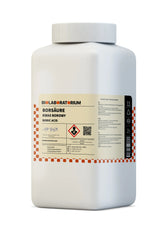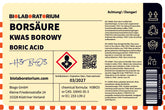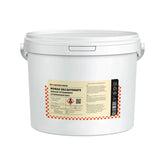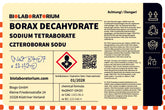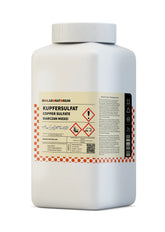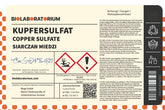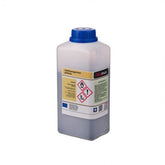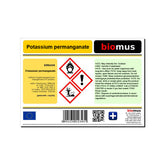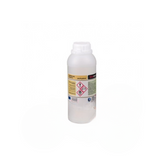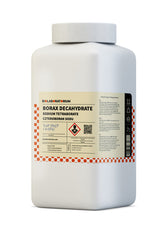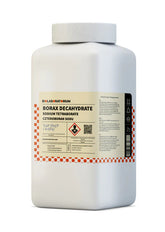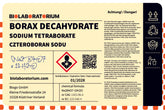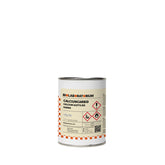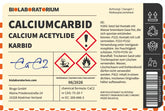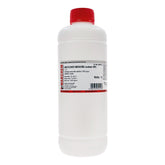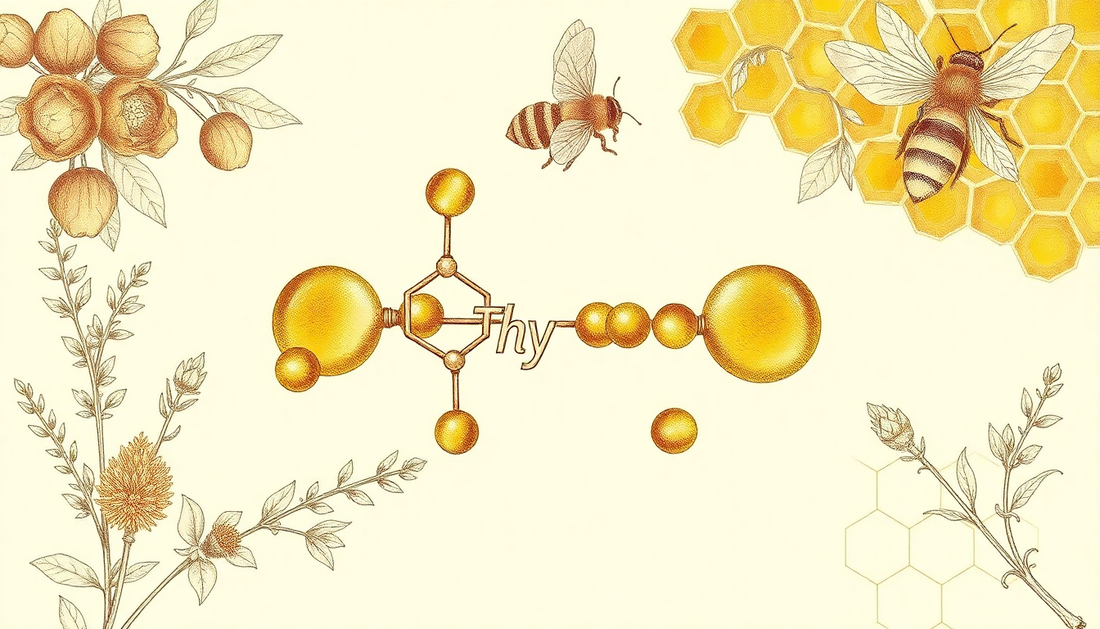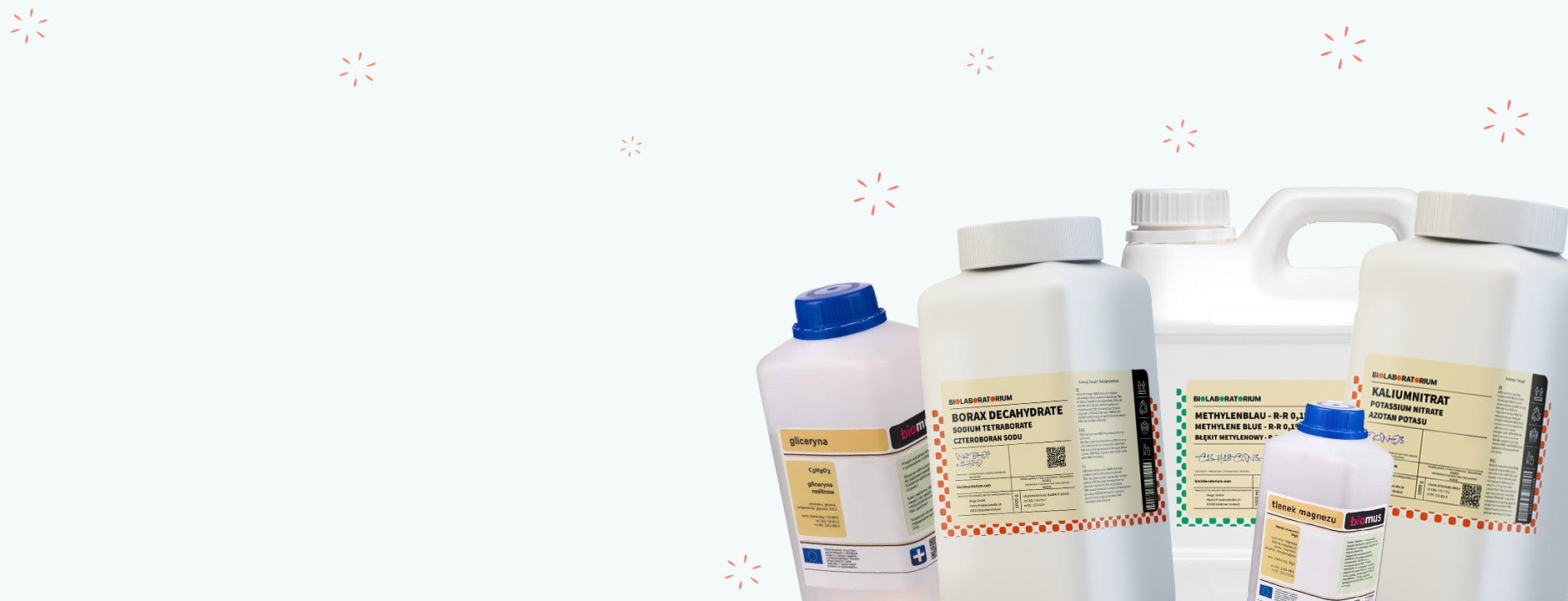Thymol – The natural antiseptic for beekeeping, household, and more
Thymol is a versatile natural antiseptic used in beekeeping, household, and many other areas. As the main ingredient of thyme essential oil, thymol has antimicrobial, fungicidal, and insecticidal properties, making it a valuable natural product.
In this blog post, you will learn everything important about thymol – from its origin and mode of action to its diverse applications. Get inspired on how you can use thymol in your daily life!
The origin of thymol
Thymol is a naturally occurring monoterpene phenol that is the main ingredient in the essential oil of common thyme (Thymus vulgaris). This aromatic shrub belongs to the Lamiaceae family and grows wild in Mediterranean countries as well as in Central and Eastern Europe.
The essential thyme oil is traditionally obtained by steam distillation of the thyme plant. Depending on the cultivation region, harvest time, and processing method, the thymol content in the oil can vary between 20 and 80 percent.
In addition to thymol, thyme oil contains other valuable ingredients such as carvacrol, p-cymene, and linalool, which also have antimicrobial properties. Together, these compounds form the characteristic aroma and diverse effects of thyme oil.
The effect of thymol
Thymol is a highly effective natural antiseptic with antimicrobial, fungicidal, and insecticidal properties. It acts effectively against a broad spectrum of bacteria, fungi, and viruses.
The exact mechanism of action of thymol is not yet fully understood, but it is believed to penetrate the cell membranes of microorganisms and disrupt their functions. This impairs vital processes such as energy production and cell division, leading to the death of the microbes.
Studies have shown that thymol is particularly effective against the following pathogens:
- Bacteria: Staphylococcus aureus, Escherichia coli, Salmonella spp., Listeria monocytogenes
- Fungi: Candida albicans, Aspergillus spp., Penicillium spp.
- Viruses: influenza viruses, herpes viruses, polioviruses
In addition, thymol also has antioxidant and anti-inflammatory properties, which are responsible for further health-promoting effects.
Applications of thymol
Due to its versatile effects, thymol is used in numerous areas. Here are some of the most important fields of application:
Beekeeping
In beekeeping, thymol is successfully used to combat the Varroa mite. The mite is a dangerous parasite that can infest and severely damage bee colonies. Thymol acts against the mites without harming the bees themselves. Furthermore, thymol has a disinfecting effect in the beehive and can prevent foulbrood diseases.
Household
Thymol is excellent as a natural disinfectant in the household. It can be used for cleaning and disinfecting surfaces, textiles, and even food. Additionally, thymol effectively helps against mold infestation and insects like moths or ants.
Medicine and cosmetics
In medicine, thymol is used as an antiseptic for wound disinfection and treatment of skin fungal infections. It is also used in dentistry due to its antibacterial effect. In natural cosmetics, thymol serves as a natural preservative and fragrance.
Food industry
In food processing, thymol can be used as a natural preservative and antioxidant. It helps extend the shelf life of food and prevents spoilage by microorganisms.
Agriculture
Besides its use in beekeeping, thymol is also used in agriculture. It can be used as a natural pesticide against harmful insects, fungi, and bacteria without harming the environment.
How to use thymol correctly
Thymol is available in various forms such as essential oil, crystals, or solutions. Depending on the area of application and concentration, you should observe the dosage and method of use:
- For disinfecting surfaces and textiles, thymol solutions or sprays with a concentration of 0.5-2 percent are suitable.
- In beekeeping, evaporators or strips with pure thymol crystals are used to combat mites in the beehive.
- For wound disinfection or treatment of skin fungal infections, ointments or tinctures with 1-5 percent thymol content are recommended.
- In food processing, thymol solutions with a maximum of 0.5 percent are used.
In general, you should pay attention to skin compatibility when handling thymol and be cautious with sensitive skin or allergies. Special precautions are also required when using it on children and pregnant women.
Conclusion: Thymol – a versatile natural product
Thymol is a highly effective natural antiseptic with numerous applications. As the main ingredient of essential thyme oil, it impresses with its antimicrobial, fungicidal, and insecticidal effects.
Whether in beekeeping, household, or medicine – thymol is a versatile natural product that offers many benefits. It helps effectively combat pests and pathogens without harming the environment.
Discover the variety of uses for thymol and let yourself be convinced by this natural miracle!

